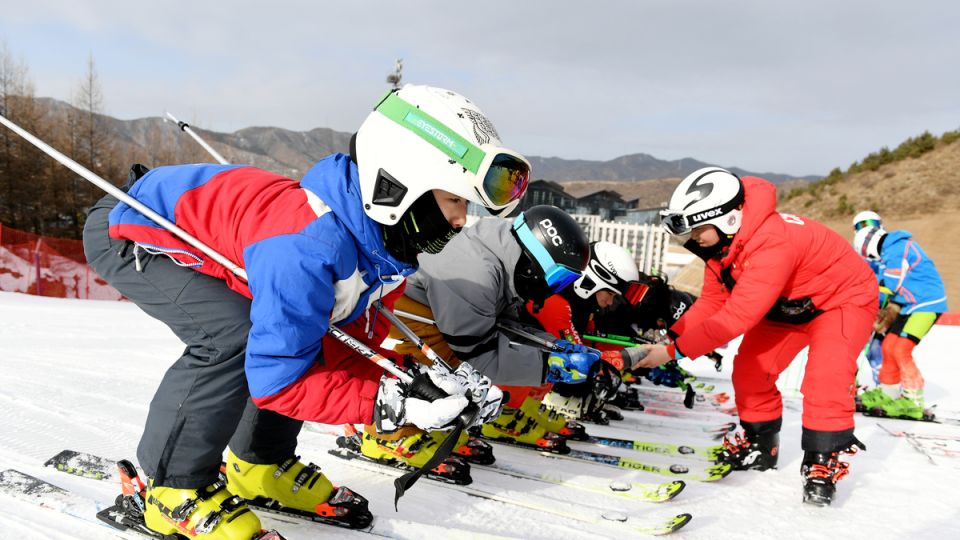January 13, 2022
BEIJING – The number of skiers in China tallied 20.76 million between May 1, 2020 and April 30, 2021, up 98.7 percent over the same period a year earlier, the Securities Daily reported, quoting data from Datagoo on Wednesday.
In 2020, the nation’s ice and snow industrial scale reached 600 billion yuan ($94.34 billion), according to the latest Research Report on China’s Winter Sports Industry Development. Industry insiders predicted that number will grow to 1 trillion yuan in the future.
The public’s passion for ice and snow sports continues to increase. The White Paper on China’s Skiing Industry found the skiing equipment market grew from 3.22 billion yuan to 11.75 billion yuan from 2014 to 2019. During the same time period, the ski training market grew from 4.2 billion yuan to 6.91 billion yuan, up 10.47 percent annually.
Data from JD.com showed during the Singles Day shopping spree in November 2021, orders for ski related goods sold by the platform surged 23 times from a year earlier. For ice sports products, the increase was 15 times over the previous year.
Ice and snow tourism has become a new boon for the economy. The tourists rose from 170 million during 2016-2017 ice and snow season to 254 million in the 2021-2022 ice and snow season, according to the China Tourism Academy. During the 2021-2022 ice and snow season, about 40 percent of tourists who booked a ski trip via Mafengwo, a travel service and social networking platform, spent more than 5,000 yuan.
Among them, 20 percent spent over 10,000 yuan. They were willing to spend more on accommodations, skiing, and hot springs with accommodation accounting for 24 percent of their total expenditures followed by skiing at 19 percent, and hot springs at 16 percent.


